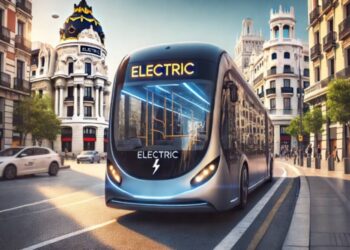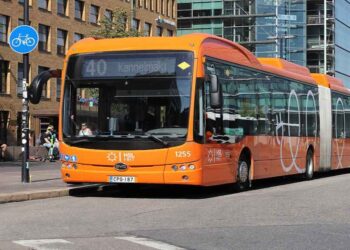The partnership is expected to be long term, with a focus on introducing on-airfield hydrogen refueling and regular domestic passenger flights of zero-emission aircraft.
Arnab Chatterjee, VP, Infrastructure at ZeroAvia, said: “Birmingham Airport can be a central hub in a green flight network in the UK, given that any domestic mainland destination will be reachable from the airport using our first systems in 2025.
“Given the commitments of the Jet Zero Strategy on domestic aviation, it is fantastic to engage with forward-thinking airports that want to be early innovators and developers, to deliver the vision of bringing truly clean, quiet and pollution-free flights to the UK.”
Birmingham Airport plans to use part of its airfield for hydrogen refueling infrastructure, testing and operations. ZeroAvia’s prototype was successfully test-flown at its base in Kemble, Gloucestershire in January. The hydrogen-electric engines use hydrogen in fuel cells in order to generate electricity.
The electricity is then used to power electric motors which turn the aircraft’s propellers. As a result, the only emission is water.
ZeroAvia has a zero-emission system capable of flying 20-seat aircraft 300 nautical miles in the works and expects to bring it to market in 2025. This would allow green travel to take place from Birmingham to Edinburgh, Glasgow, Aberdeen, Belfast, Isle of Man and Dublin.
In addition, ZeroAvia aims to create an emissions-free engine for 80-seat aircraft, flying up to 700 nautical miles by 2027. The next step would involve distances of up to 1000 nautical miles.


































